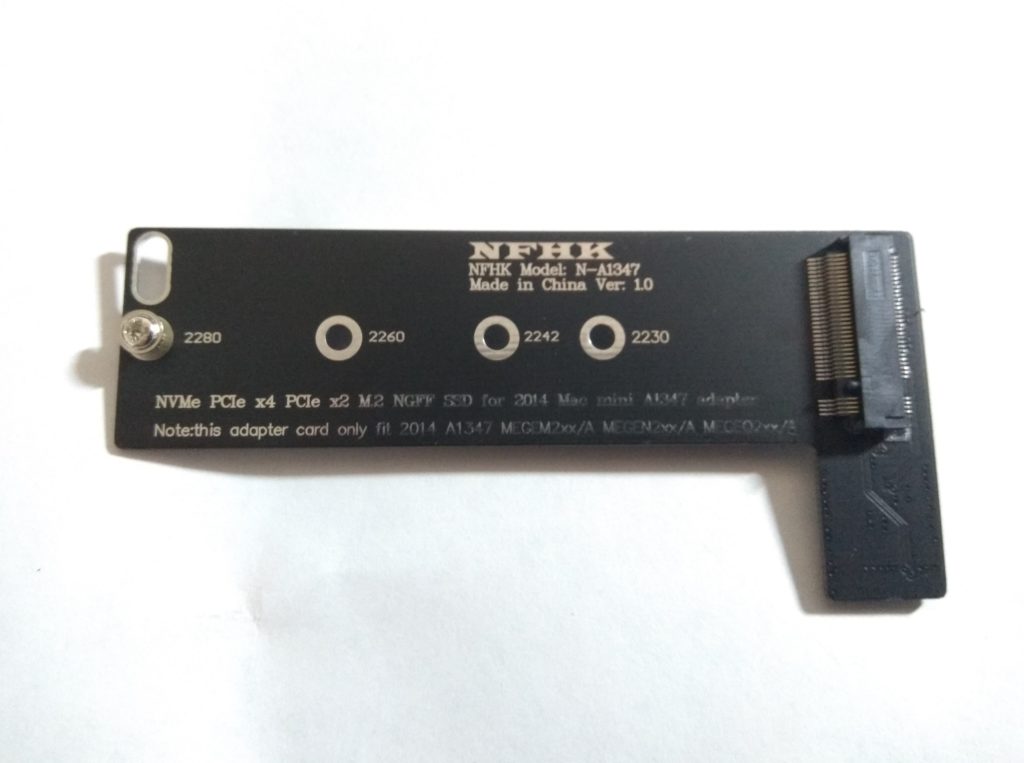
#Install linux on mac mini late 2014 install
Installing Fedora 33 on Macbook Pro 13 inch (late. sudo apt-get update sudo apt-get install linux-headers-generic linux-headers-uname -r sudo apt-get install dpkg-dev debhelper dh-modaliases sudo apt-get install -reinstall bcmwl-kernel-source.

$ sudo dnf install -y akmods kernel-devel-5.8.15-301.fc33 Install the development packages with the following: You can check these using 'uname -r' and list the installed kernel packages using 'sudo dnf list kernel': The goal is to use this machine as a general purpose computer in a classroom for high school students. After a brief pause you’ll be shown the boot device menu which looks something like that shown below. This is simple, just boot up the Mac Mini and hold down the left ALT key. I have a Mac Min A1176 and tried following: 1) when booting off 'ubuntu-14.04.5-server-amd64+mac.iso' on a CD (hoping to so upgrade to 16.04 and 18.04), I get the message: ' This kernel requires a x86-64 CPU, but only detected an i686 CPU. Boot the Mac Mini to the boot device menu.
#Install linux on mac mini late 2014 64 Bit
The Mac Mini I’m rescuing is a mid-2011 with i5-2415M, 2GB RAM and 500GB HDD, running macOS High Sierra (version 10.13). Until now, I only was able to install a 32 bit Ubuntu 16.04 but I'd like to 'upgrade' to a 64 bit base.

The next part is interesting as you look at the running kernel you'll see v5.9.8-200.fc33 but we are going to be using the development kernel packages to build our broadcom wireless driver so you need to install the v5.8.15-301.fc33 (available at the time of this writing). This post outlines the process of moving a Mac Mini (mid-2011) to Linux. $ su -c 'dnf install -y $(rpm -E %fedora).noarch.rpm'

We now need to install a repository to pull the broadcom stuff as follows: The output will be several items, one of which should be listing something like: Let's verify the actual card we need for wifi: Now the only thing missing is a wifi driver so there are a few things to be done that require that network cable to be connected as we install the development packages for the kernel we are running and then build the broadcom-wl driver for that kernel.


 0 kommentar(er)
0 kommentar(er)
